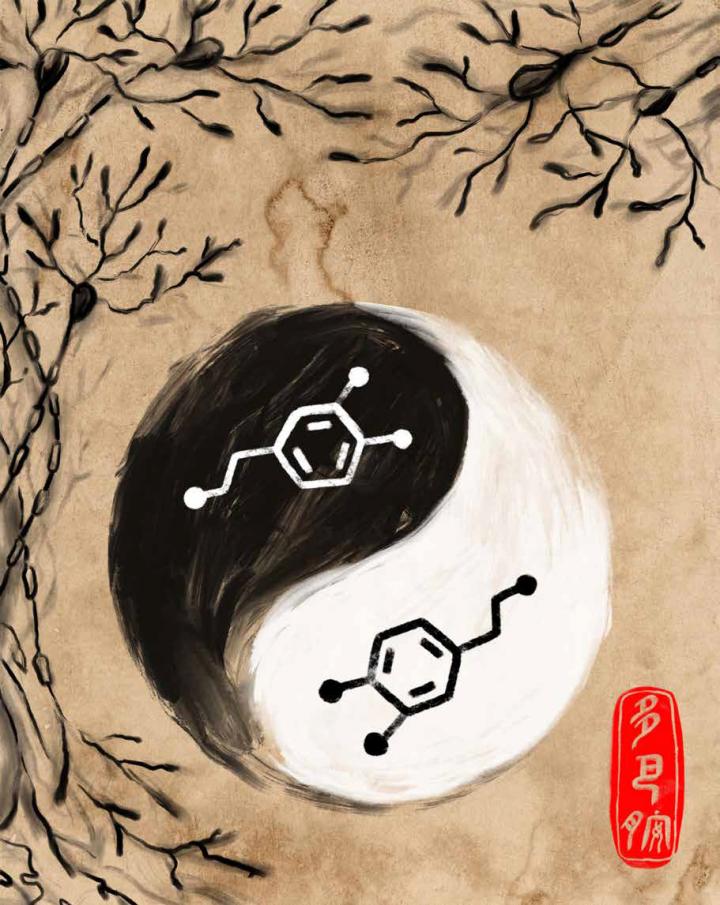Having separate neuronal correlates for appetitive and aversive behavior in our brain may explain why we are striving for ever-greater rewards while simultaneously minimizing threats and dangers. Such balanced behavior of approach-and-avoidance learning is surely helpful for surviving competition in a constantly changing environment.
Dopamine has a reputation as the key player in the brain’s reward circuits, making us seek out pleasurable experiences, but growing evidence points to a multipronged role for the neurotransmitter. In particular, dopamine may also reinforce avoidance of painful experiences. UC Berkeley researchers have now mapped dopamine neurons in the brain with fiber photometry and discovered two parallel dopamine circuits driving attractive and aversive reinforcement learning and motivation.
